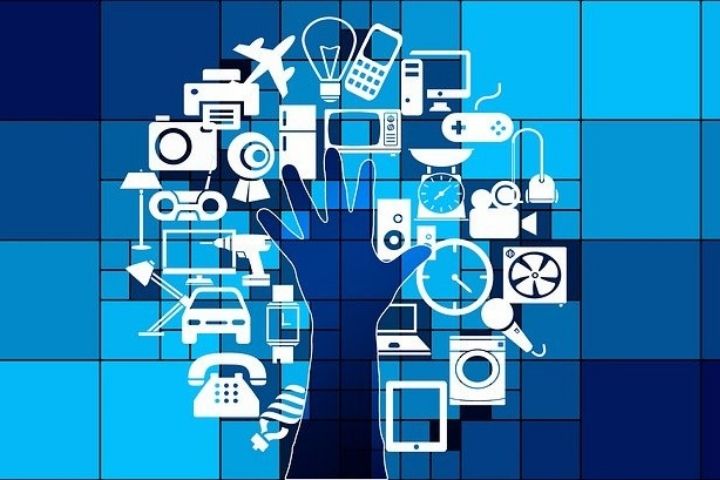In layman language, Internet Of Things is a mechanism in which it controls the devices with the help of smartphone apps without the actual human effort.
Hundreds of thousands of things are connected to the internet in the modern world and devices can be operated with the help of the apps that are present in our mobile which in short we describe as IoT.
Table of Contents
What Is Industrial Internet of Things or IIoT
The Internet of Things applied to the industrial sector will constitute the next great revolution in companies. This technology, which will allow the different objects to interconnect with each other and share data, comprises the set of devices that operate through the internet and other analytical platforms, in order to process the data collected throughout the entire supply chain.
Unlike generic IoT, more focused on consumer benefits, IIoT facilitates the interconnection of machinery and devices in logistics and industrial procedures in order to improve the efficiency and performance of your processes.
Industrial IoT applications :
The Industrial Internet Consortium (IIC, in its acronym in English), a body made up of more than 200 companies dedicated to promoting the use of the Internet of Things in the industrial field, indicates the 15 most widespread uses that this technology will have:
- Smart storage applications.
- Predictive and remote maintenance of machinery.
- Control of cargo, goods and transportation.
- Connected logistics.
- Intelligent measurement of each logistics process.
- Applications on “smart cities” ( smart cities )
- Smart agriculture and livestock control.
Benefits Of Industrial IoT :
The introduction of the Internet of Things in the industry will provide the sector with endless benefits to achieve the objective of any logistics process: to maximize profitability by reducing operating costs. Among its many advantages for the industry, we distinguish:
- Increase in warehouse efficiency and performance: the interconnection between people and machinery will facilitate the optimization of each logistics process.
- Predictive maintenance of the machinery: the machines will have sensors that, without human intervention, will warn the operators of any risk of failure before it occurs. Thanks to this function, the productivity of each operation will be increased.
- New business opportunities: monitoring each piece of data that the company produces will allow it to anticipate new market trends and foresee which business segment may be most interesting for the company.
- Improving energy efficiency: the incorporation of the internet of things will change the energy efficiency paradigm since it will equip the warehouse with sensors that will help optimize energy consumption.
- Industrial security: connectivity is the best ally for security in the warehouse. The processes in which IIoT elements intervene will have sensors and monitors to prevent any accident that may occur in the facility.
Future And Present Of Industrial Internet of Things
Industrial Internet of Things will be a revolution in all aspects of the supply chain: from transportation to warehousing, through more complex operations such as quality control.
Even so, the most innovative facilities are already incorporating technologies that depend directly on the interconnection and exchange of information between machinery. For example, the use of digital twins is a reality for companies with 4.0 warehouses. High-precision replicas of a facility and its workflows can now be created, allowing digital changes and enhancements to be simulated without altering the actual warehouse structure

